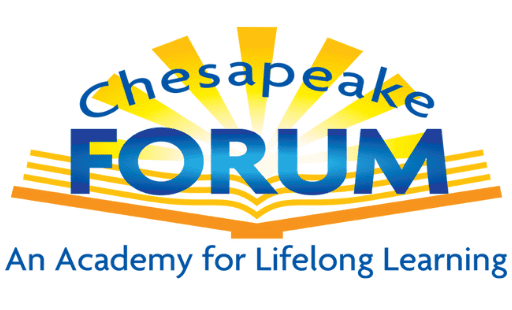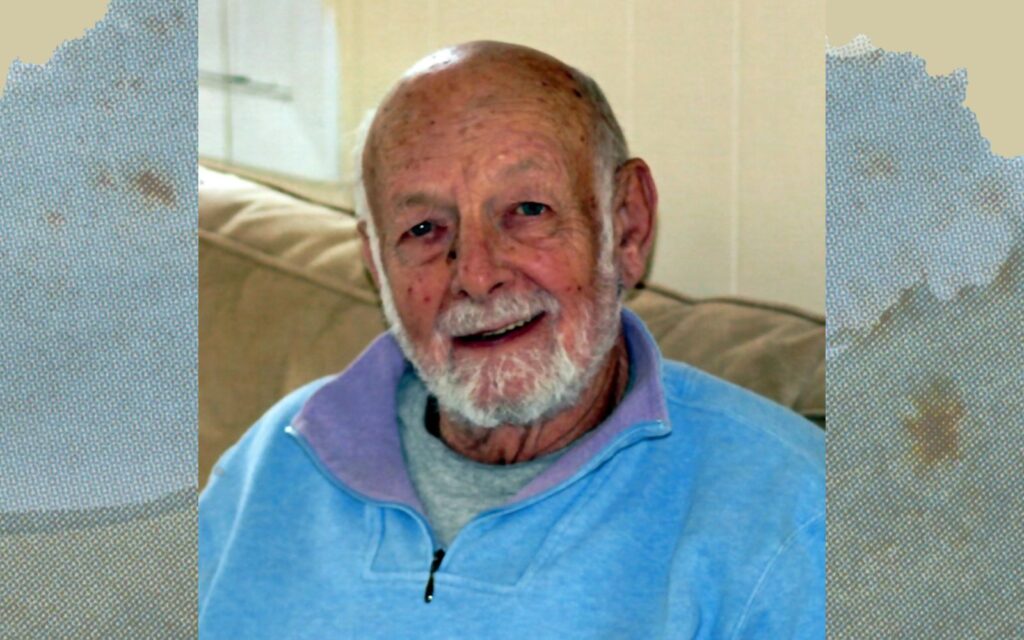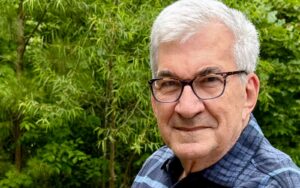What is reality? What things are real? In this class Forest and Mike will use famous experiments to examine useful ways to think about these issues.
Join Forest and Mike as they co-lead a discussion that examines useful ways to think about the issue of “reality.” No prior knowledge of philosophy or science or psychology is necessary to actively participate in the class. Also, unlike previous Chesapeake Forum courses in philosophy there is no text to study.
We are going to use thought experiments to bring out these issues. Thought experiments have been used in philosophy and in science for countless years. A famous one, Schrodinger’s thought experiment from the 1930s about a cat in a box is not resolved by other scientists. Indeed, scientists have used the cat thought experiment to add to the complexity of how quantum mechanics affects the larger world. The thought experiments we will be using will all be in plain English. All participants will easily have an opinion on the solutions, if any, to these thought experiments.
Be sure to register early – Forest has quite a following!
What to Expect:
Course leaders Forest and Mike will dedicate the 1st session to the issue of what is real outside of ourselves. We’ll be discussing Plato, Bishop Berkeley, and modern empiricists to figure out what is out there.
The second class will start with the thought experiment known as Theseus’s ship. In a modern version, think what would happen if you changed all the wood on the Constellation in Baltimore. Is it still the same ship built during the American Civil War? A digital copy of all our thoughts downloaded into another brain. Are there two identical versions of you?
The final session will start with a thought experiment by the English philosopher John Locke. You have a prince and shoe cobbler. Somehow, the soul of each one ends up in the body of the other. Is the prince still the prince?
Be prepared for entertaining discussions!
Feedback from earlier sessions led by Forest with Mike participating:
“Engaging discussions directed by a superb leader. This was far outside my usual endeavors and I really enjoyed participating.”
“I am humbled. I enjoyed the discussions as they renewed my interest in philosophy. Dr. Hansen rocks.”
“As always, Forest created a great class. His style promotes a lot of interesting and entertaining dialogue among the students.”





